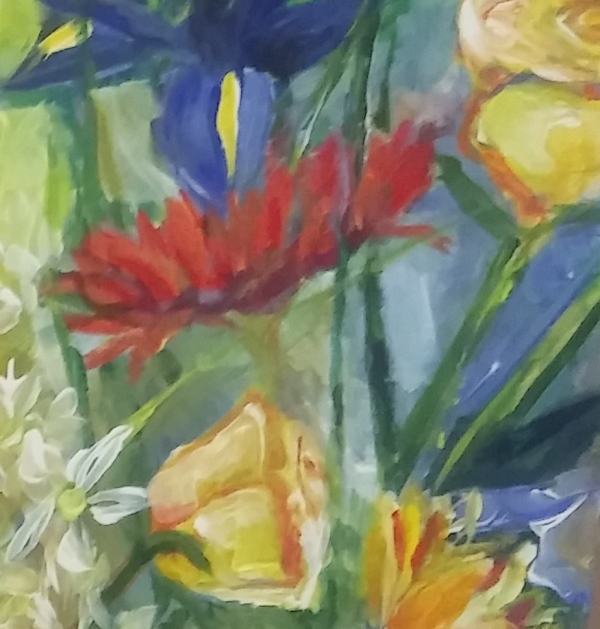Those who claim that poetry, like love, is the province of youth, are quite right. And one can prolong one’s youth a little too far … Mind, I don’t maintain that no one should write verse after the age of thirty: on the contrary, that’s normally the only age at which one’s poetry is any good. Racine was around thirty when he wrote Andromaque, Corneille wrote The Cid at thirty-five, Virgil began the Aeneid at forty. I began the Henriade at twenty; I’d have done better to wait until I was thirty-five. But if I were to write an epic poem at sixty, I can tell you it would be pitiful. You can be pope or emperor in extreme old age but you can’t be a poet …
Therefore, having reached forty-three, I’m giving up poetry. Life is too short, and the spirit of man is endowed with too much thirst for serious inquiry to waste time searching for assonance and rhyme. Virgil and La Fontaine both lamented that they knew no physics:
When will the nine sisters, far from royal courts and towns,
Take me thoroughly in hand, and teach me how the skies
Revolve in diverse movements unfamiliar to our eyes—
The names and properties of all those wandering lights?
What Virgil and La Fontaine mourned, I now make my study. I divide my time between learning about nature and studying history. Twenty-five years are quite long enough to devote to poetry; and to all those who’ve dedicated their springtime to that difficult and delightful art, I recommend that they consecrate the autumn and the winter of their lives to simpler things, which are no less seductive, and which it’s shameful not to know.

